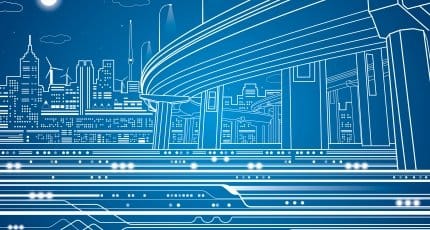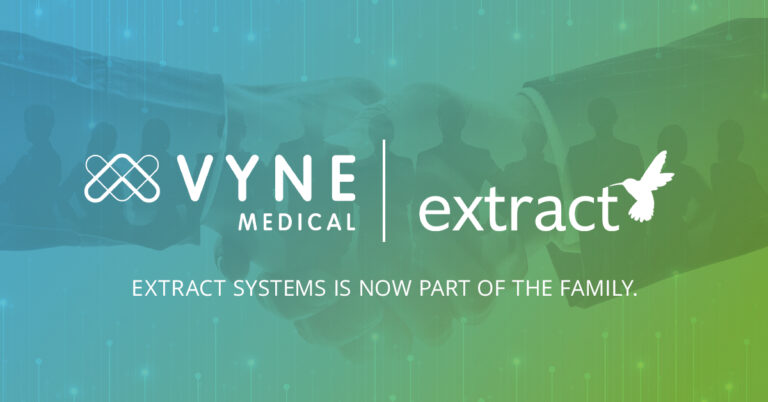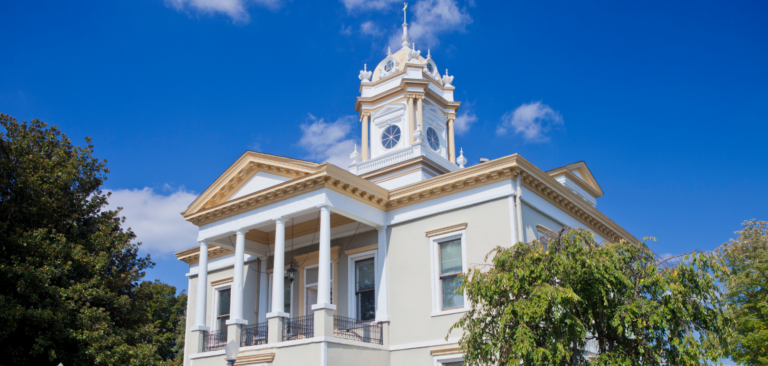
5 Things You Didn’t Know Were In The Infrastructure Bill
The massive $1.2 trillion infrastructure package marked a huge bipartisan achievement after months of negotiations in the Senate.
The bill, called the Infrastructure Investment and Jobs Act, features $550 billion in new federal spending over five years. It invests $110 billion in roads, bridges, and major projects, $66 billion in passenger and freight rail, $65 billion to rebuild the electric grid, $65 billion to expand broadband internet access, $39 billion to modernize and expand transit systems, and $7.5 billion to build a national network of charging infrastructure for electric vehicles. Among other priorities, the bill also includes $55 billion for water infrastructure, $15 billion of which will be directed toward replacing lead pipes.
But while most of the attention has been focused on the billions of dollars the bill will put toward bridges and cybersecurity, there are a few behind the scenes allocations that haven’t gotten the spotlight they deserve. Here are five items that will impact state and local government.
Water Infrastructure
While the Infrastructure Investment and Jobs Act provides key funding and financing opportunities to support local water infrastructure projects, many grant programs authorized within the bill are left unfunded. The Build Back Better Act, however, includes grant funding for five critical water infrastructure programs: Lead Remediation Projects, Water Assistance Program, Alternative Water Source Project Grants, Sewer Overflow and Stormwater Reuse Municipal Grants, and Individual Household Decentralized Wastewater Treatment System Grants.
Electric School Buses
The bill also aims to make a big investment in electric vehicles and the infrastructure needed to use them. It would invest $7.5 billion to help build a US-wide network of electric vehicle chargers along highways and main roadways to make long-distance travel accessible.
The funding would help school districts across the country buy clean, zero-emission buses, aiming to replace the yellow school bus fleet by providing $5 billion for zero-emission and clean buses and $2.5 billion for ferries.
Broadband Upgrades
The bill would also provide $65 billion towards improving the nation’s broadband infrastructure, according to the text. It’s a smaller investment than the $100 billion Biden initially wanted.
This investment aims to help lower the price households pay for internet service by requiring federal funding recipients to be offered affordable plans. This forces providers into price transparency and also boosts competition in areas where existing providers have monopolies. According to the White House, it would also look to create a permanent federal program to help more low-income households have access to the internet.
Affordable Housing
While great investments have been made into housing dollars as a result of COVID-19, the bill looks to invest further in the development of new affordable housing for low-income individuals and families. It
would provide $150 billion to programs that will help with construction, rehabilitation, and restoration of more than one million homes.
Racial Infrastructure Discrimination
The bill also contains $1 billion to reconnect communities that were divided by highways and other infrastructure, according to the White House.
The funding would help with planning, design, demolition and reconstruction of street grids, parks, or other infrastructure. Biden’s original plan asked for a $20 billion investment.
Sources:
https://www.cnn.com/2021/08/10/politics/bipartisan-plan-infrastructure-vote-congress/index.html
https://www.nlc.org/article/2021/12/17/what-you-may-have-missed-in-the-build-back-better-act/



